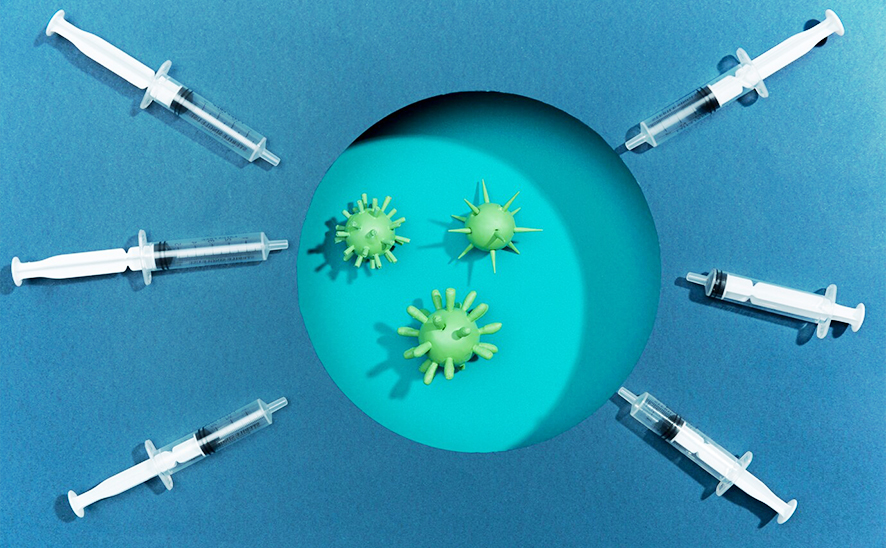D mannose and Cranberry

D-mannose and cranberry are two natural remedies that are commonly used to treat urinary tract infections (UTIs. They are often used together for their potential synergistic effects. Here’s how each of them can help manage UTIs:
- D-Mannose:
D-mannose is a type of simple sugar closely related to glucose. It’s naturally found in various fruits, including cranberries, peaches, apples, and oranges. D-mannose has gained attention for its potential health benefits, particularly in relation to urinary tract health. Here are some of the key benefits associated with D-mannose:
Urinary Tract Health: One of the most well-known benefits of D-mannose is its ability to support urinary tract health. It works by preventing certain types of bacteria, particularly Escherichia coli (E. coli), from adhering to the walls of the urinary tract. When consumed, D-mannose passes through the urinary tract unchanged and attaches to E. coli bacteria, which are then flushed out of the body during urination. This mechanism may help prevent urinary tract infections (UTIs) and alleviate symptoms associated with existing infections.
UTI Prevention and Treatment: D-mannose is commonly used as a natural remedy for preventing and treating UTIs. It is often recommended as a supplement for individuals prone to recurrent UTIs, as it may reduce the frequency and severity of infections. Some studies have suggested that D-mannose may be as effective as antibiotics in treating UTIs, without the risk of antibiotic resistance or disrupting the balance of beneficial bacteria in the gut.
Immune System Support: D-mannose may indirectly support the immune system by reducing the incidence of UTIs. By preventing bacterial adherence in the urinary tract, D-mannose may help reduce the burden on the immune system and lower the risk of systemic infection.

2. Cranberry:
Cranberries offer a range of potential health benefits, thanks to their rich nutrient profile and unique compounds. Here are some of the key benefits associated with cranberries:
Urinary Tract Health: Cranberries are perhaps most well-known for their role in promoting urinary tract health. They contain compounds called proanthocyanidins, which may help prevent bacteria, particularly E. coli, from adhering to the walls of the urinary tract. This can help reduce the risk of urinary tract infections (UTIs) and may aid in managing symptoms of existing infections.
Antioxidant Properties: Cranberries are packed with antioxidants, including flavonoids, phenolic acids, and vitamin C. These antioxidants help combat oxidative stress in the body, which can reduce the risk of chronic diseases and support overall health.
Digestive Health: The fiber content in cranberries can promote digestive health by supporting regular bowel movements and preventing constipation. Additionally, cranberries contain compounds that may help inhibit the growth of harmful bacteria in the digestive tract, promoting a healthy balance of gut microbiota.

Bağışıklık Sistemi Desteği: The vitamin C content in cranberries supports the immune system by promoting the production of white blood cells and enhancing the body’s ability to fight off infections. Additionally, the antioxidants in cranberries help neutralize free radicals, which can weaken the immune system.
- Cranberries contain compounds called proanthocyanidins, which are believed to prevent bacteria from adhering to the urinary tract lining in a similar way to D-mannose.
- Cranberry also has antioxidant properties and contains vitamin C, which may help to support urinary tract health and immune function.
- While cranberry juice is the most common form of consumption, cranberry supplements are also available and may provide a more concentrated dose of the active compounds.
When used together, D-mannose and cranberry may complement each other’s effects in preventing and managing UTIs. D-mannose can target specific bacterial strains like E. coli, while cranberry provides additional antibacterial and antioxidant support for overall urinary tract health.
Parazzini F, Ricci E, Fedele F, Chiaffarino F, Esposito G, Cipriani S. Systematic review of the effect of D-mannose with or without other drugs in the treatment of symptoms of urinary tract infections/cystitis (Review). Biomed Rep. 2022 Jun 15;17(2):69. doi: 10.3892/br.2022.1552. PMID: 35815191; PMCID: PMC9260159.
Konesan J, Liu L, Mansfield KJ. The Clinical Trial Outcomes of Cranberry, D-Mannose and NSAIDs in the Prevention or Management of Uncomplicated Urinary Tract Infections in Women: A Systematic Review. Pathogens. 2022 Dec 5;11(12):1471. doi: 10.3390/pathogens11121471. PMID: 36558804; PMCID: PMC9788503.
Gill CM, Hughes MA, LaPlante KL. A Review of Nonantibiotic Agents to Prevent Urinary Tract Infections in Older Women. J Am Med Dir Assoc. 2020 Jan;21(1):46-54. doi: 10.1016/j.jamda.2019.04.018. Epub 2019 Jun 18. PMID: 31227473.









